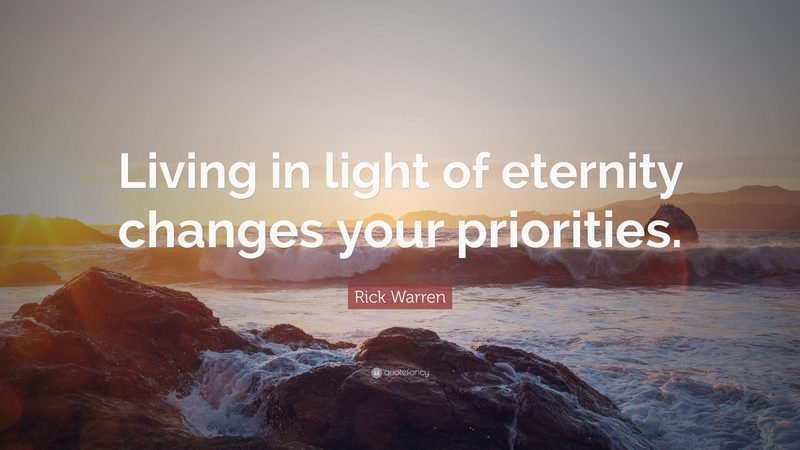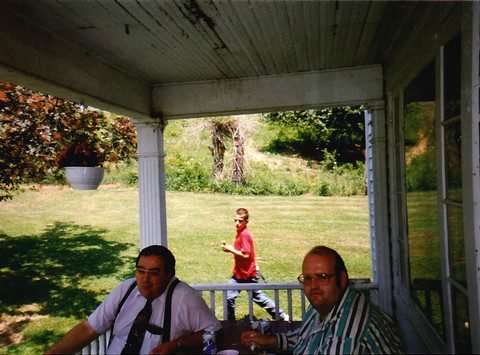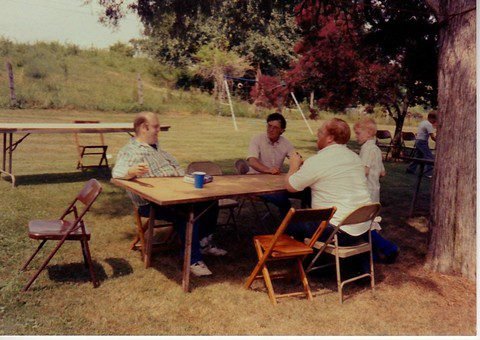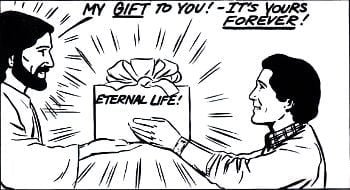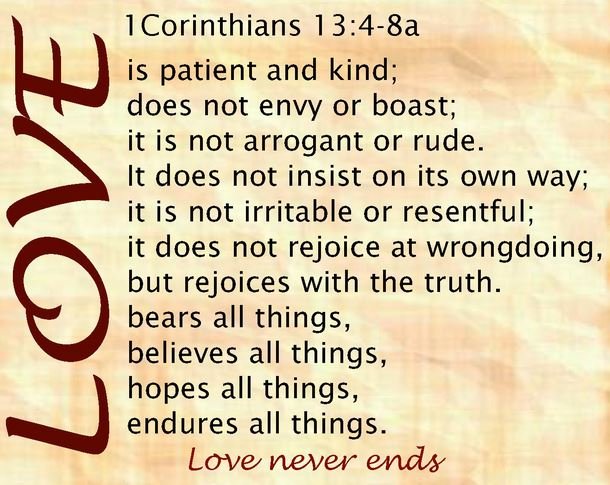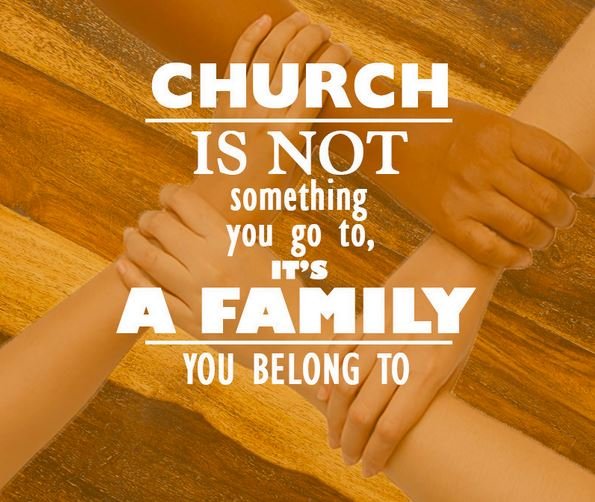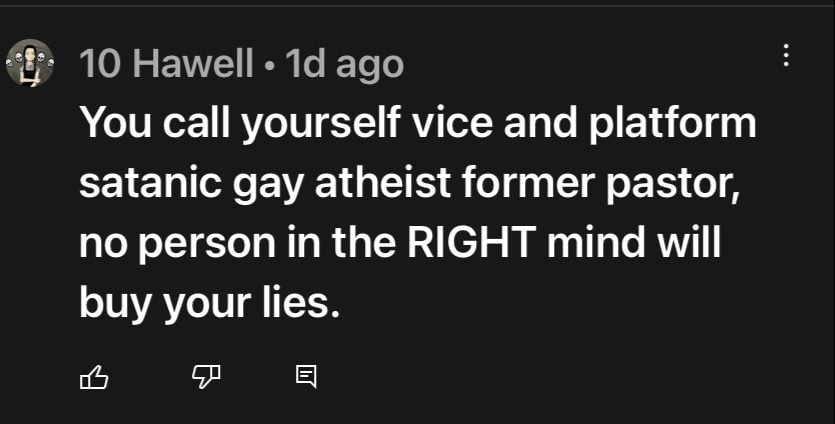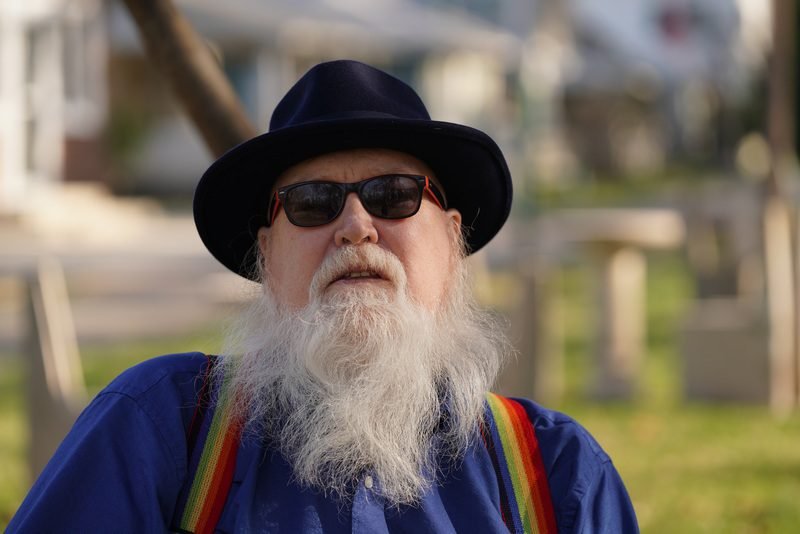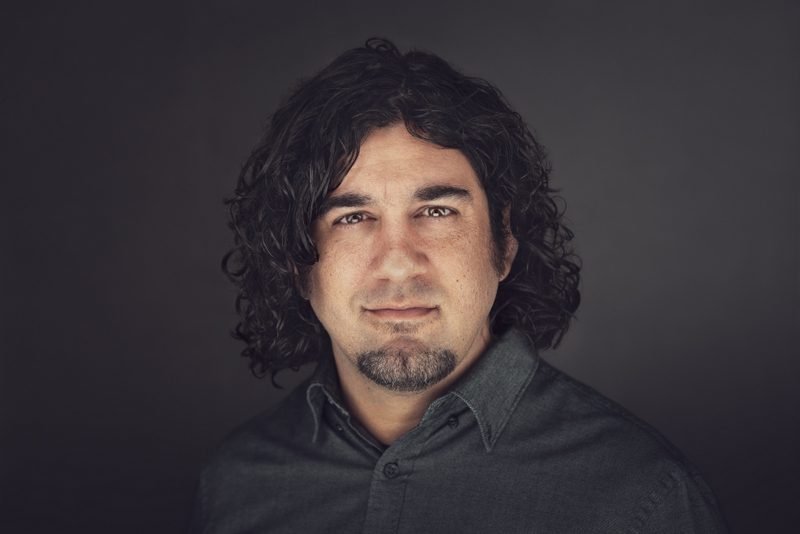
One of the ways evangelicals have processed a growing awareness of religious abuse has been through starting conferences. The Exiles in Babylon Conference offered many helpful insights to racial trauma but continued to advance narratives that have caused sexual trauma in the church. The Restore 2022 Conference brought complementarians like Karen Swallow Prior and egalitarians like Scot McKnight together to discuss topics such as where God is during abuse, healing from religious trauma, and how churches enable abuse. Their goal was to address these issues within the framework of “restoring faith in God and the church.”
….
But too often with these conferences, there are underlying theological assumptions that fuel power dynamics that do not get questioned to the degree that they should. And when your stated goal is to restore faith in the church, you have theological territory to protect and are invested in a certain outcome that people who have been traumatized by the church may not be ready for or interested in.
Many people are having enough and deciding to leave evangelical churches while mourning the loss of their communities and hoping to discover a healthier experience of Christianity.
But many are leaving Christianity altogether.
Because conservative evangelical media outlets such as The Gospel Coalition continue to bloviate about those who are either deconstructing or deconverting, one has to wonder: Are conservative evangelicals at all willing to sit quietly and listen to those who have left?
And are progressive evangelicals any healthier at silent listening?
Imagine a space for processing such religion-fueled trauma that is led by formerly religious people for formerly religious people. Would it be possible for religious people to sit in silence and learn from atheists and agnostics about how their religion has caused deep trauma, consider how the formerly religious are healing, and learn from their insights in order to heal themselves?
Or must Christians always be leading and talking?
….
Theology by definition is concerned about the ultimate questions in life: questions about whether there is a God, why there is something rather than nothing, the purpose of life, our relationship with ourselves and everyone around us, and what happens after death.
As children, we long for the love and affirmation of our parents. And yet, we’re afraid of how big the world is and how insufficient our understanding of it feels.
In some ways, we’re asking, “Are we OK? And are we safe?”
….
[Janice] Selbie told BNG: “People embrace religions because they were born into them or turned to them during times of transition and vulnerability. Religion promises certainty, security, order and community. People remain religious for those very reasons, as well as fear of hell.”
For the formerly religious to walk away from their certainty, security, order and community can be one of the most vulnerable decisions anyone ever makes. “Divorcing religion means loss of family, community, support and identity. It is too hard for many even to consider,” Selbie said.
To walk away from the certainty of heaven is to embrace the possibility of hell. To walk away from the theology of your family is to embrace the disapproval that you spent years trying to avoid. To walk away from the support of your church community is to embrace the possibility of nobody being there for you when you face a life-threatening illness or when you simply want to hang out with familiar friends.
Deconstruction and deconversion can be like Pinocchio leaving the identity-forming, punishment threatening world of Pleasure Island and moving toward Monstro the whale — the ultimate danger everyone around you fears — for the sake of being present with who you’re learning to love, namely yourself and your neighbors.
But abusive theology preys on our mental, social, spiritual and sexual longings and infuses within us an identity that we’re fundamentally a problem and that we’re forever going to be punished.
Darrel Ray, founder and president of Recovering From Religion, explained during his session, “It’s like you can’t utter the word ‘sex’ without the word ‘sin’ coming out within the same sentence in almost any religious environment, especially if it’s conservative or fundamentalist. … The ideology itself plays a role in the trauma you experience.”
Of course, many kinder, gentler evangelicals might object, thinking that somehow you can hold to theologies that form negative self-identities and that celebrate justice through violence without being abusive, or suggesting that Christians are much kinder than in centuries past. To that defense, Ray asserts: “We may not be lopping people’s heads off. But I’m telling you, I’ve met plenty of Baptists who have been traumatized by the ideology of their Baptist faith and their church because there’s nowhere for a child to escape if they’re in that church and they’re constantly being told the outside is dangerous.”
In a recent podcast episode, author and former megachurch pastor Rob Bell said: “The water, if you’re a fish, is so difficult to see. The reason it’s so difficult to see is because everyone around you is swimming in it. There’s no observance of it because it’s the thing everybody’s immersed in. It’s too close to see.”
Formerly religious people have had the experience of swimming in the water that religious people exist in, yet currently have the perspective from standing on the beach.
According to [Janice] Selbie, it is not merely enough for Christians to redefine the water they’re swimming in to a more progressive understanding. She believes true perspective and the fullest healing comes when people leave the water altogether.
“I think even progressive Christians are still ‘drinking the Kool-Aid.’ I don’t typically invite still-religious people to speak at CORT because I think continued affiliation with the Bible is unhealthy when it comes to the LGBTQ community, safety of children and women’s rights.”
Progressive Christians tend to object. “In public and private, I receive angry input from ‘progressive’ Christians for not inviting them to speak at CORT. I won’t risk further traumatizing attendees by doing so, although I do still have Christian family. I do not think it’s possible for evangelicals or other religiously entrenched people to be trauma sensitive with regard to religious trauma, although they vehemently disagree.”
While Selbie would admit that not even all her conference speakers would agree with her belief in the necessity of leaving the water altogether, her assertion that religion encourages “fantasy over reality and often creates massive division (in family and nation) and trauma (individual and collective)” has been demonstrably true.
Atheists and agnostics who spend significant time invested in the church are especially positioned to bring clarity to how theology fosters abuse because they know the theology, they’ve experienced the power dynamics involved, and because they are free to question every facet of Christian theology and power.
— Rick Pidcock, Baptist News Global, What I Learned Listening to Others Who Have Left the Faith, May 25, 2022
Bruce Gerencser, 66, lives in rural Northwest Ohio with his wife of 45 years. He and his wife have six grown children and thirteen grandchildren. Bruce pastored Evangelical churches for twenty-five years in Ohio, Texas, and Michigan. Bruce left the ministry in 2005, and in 2008 he left Christianity. Bruce is now a humanist and an atheist.
Connect with me on social media:
Your comments are welcome and appreciated. All first-time comments are moderated. Please read the commenting rules before commenting.
You can email Bruce via the Contact Form.

